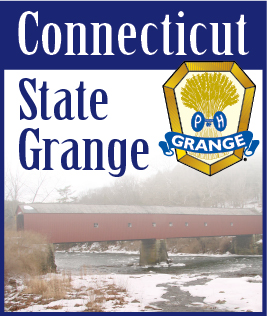| APRIL 5, 2013 -- On Thursday the National Grange sent a letter to the U.S. Department of Agriculture along with 228 partner groups in an effort to protect the integrity of Country of Origin Labeling (COOL) for meat products. The Grange was one of many farm, rural, faith, consumer and environmental organizations from 45 states that contributed in the delivery of this important message.
According to the 2008 Farm Bill there are mandatory COOL provisions for beef, pork, poultry, fresh and frozen fruits and vegetables and some nuts. However, before COOL even went into effect, Canada and Mexico approached the World Trade Organization and successfully argued that the implemented rules for meat products are a barrier to international trade. The USDA has issued proposed new rules that simplify and clarify COOL to comply with the WTO decision.
National Grange Legislative Director, Grace Boatright, said, “The National Grange has supported country of origin labeling for quite some time. We’re neck deep in the information age and people want more information about their food, including how it’s grown and where it’s grown, and they have a right to know those details.”
Boatright continues, “I also think that COOL will be great for American agriculture. We have the safest and most abundant food supply in the world and I think that every farmer and rancher in this country would be proud to stamp “Grown in the USA” across our goods.”
The letter was submitted to USDA Secretary Tom Vilsack as part of the regulatory comment period. The federal comment period closes on April 11, 2013, and the WTO ruling directed USDA to offer new COOL rules by May 23, 2013.
A copy of the coalition letter can be viewed here: http://fwwat.ch/COOLcoalition
# # #
Established in 1867, The National Grange, a nonpartisan, nonprofit fraternal organization, is the oldest agricultural and rural community service organization. With more than 2,100 local chapters, the Grange has evolved into the nation’s leading rural advocacy organization and a major benefactor to local communities. |
